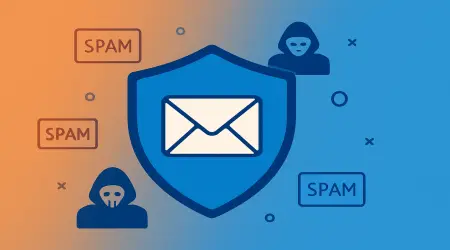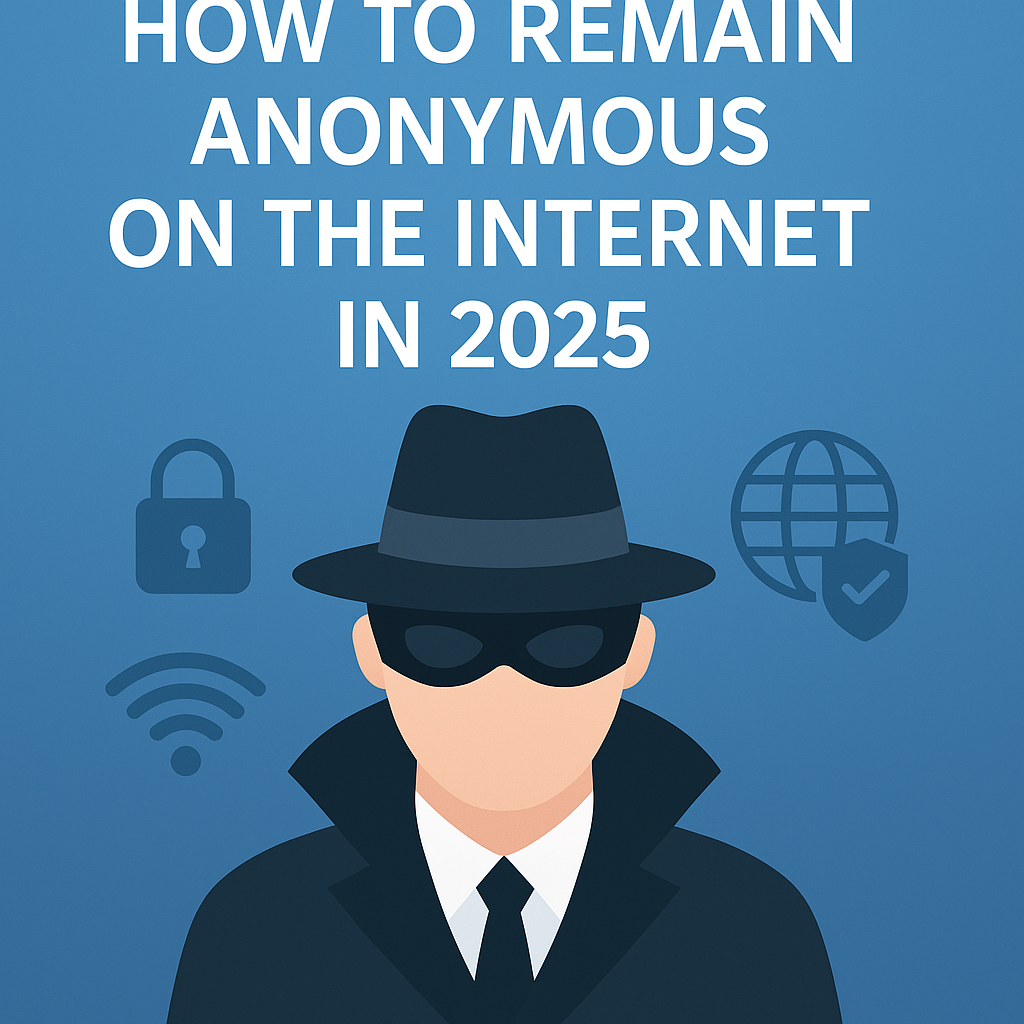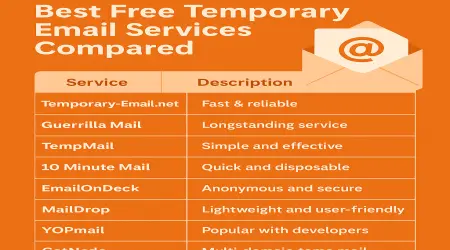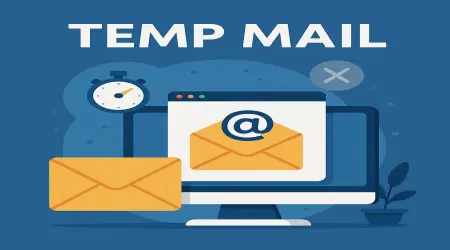

How to Remain Anonymous on the Internet in 2025
In today’s hyper-connected world, online privacy has become more than a choice—it’s a necessity. With increasing surveillance, advanced tracking technologies, and sophisticated cybercriminal tactics, protecting your identity online in 2025 requires a strategic approach. This comprehensive guide will walk you through proven methods to remain anonymous while navigating the internet safely.
1. Understand the Importance of Online Anonymity
Every click, search, and message you send leaves a digital footprint. Without precautions, advertisers, hackers, and even governments can build detailed profiles of your behavior. Staying anonymous helps you:
Protect personal information
Avoid targeted ads and profiling
Reduce the risk of cyberattacks
Maintain freedom of expression
2. Use a Trusted VPN (Virtual Private Network)
A VPN hides your IP address and encrypts your internet connection, making it difficult for anyone to trace your activity. In 2025, the best VPNs offer:
AES-256 encryption
No-log policies verified by audits
Multi-hop routing for extra privacy
Obfuscation technology to bypass restrictions
Top Picks for 2025: NordVPN, ProtonVPN, ExpressVPN.
3. Browse with Privacy-Focused Search Engines
Mainstream search engines collect massive amounts of user data. Instead, use privacy-friendly alternatives like:
DuckDuckGo – No tracking, no filter bubble
Startpage – Google results without profiling
Brave Search – Independent and private index
4. Switch to Encrypted Email Services
Free email providers often scan your messages for ads. In 2025, opt for encrypted services such as:
ProtonMail – End-to-end encryption
Tutanota – Secure, open-source platform
Temporary-email.net – Disposable addresses for anonymous sign-ups
5. Use the Tor Network
Tor (The Onion Router) routes your traffic through multiple encrypted layers, hiding your location and identity. To enhance security:
Use the official Tor Browser
Avoid logging into personal accounts
Combine with a VPN for better protection
6. Limit Social Media Exposure
Social platforms are data goldmines. If you must use them:
Avoid sharing personal details
Use pseudonyms instead of your real name
Disable location tracking
Regularly review privacy settings
7. Secure Messaging with Encrypted Apps
In 2025, the safest messaging apps include:
Signal – Open-source and private by default
Threema – Anonymous registration
Session – Decentralized and metadata-free
8. Practice Good Password Hygiene
Weak passwords are the easiest way for hackers to compromise your anonymity. Follow these tips:
Use a password manager (Bitwarden, 1Password)
Enable two-factor authentication (2FA)
Never reuse passwords across sites
9. Use Cryptocurrency for Anonymous Transactions
If you need to make purchases without revealing your identity:
Use privacy coins like Monero or Zcash
Avoid linking wallets to personal information
Mix transactions using coin mixers or decentralized exchanges
10. Control Your Digital Footprint
Regularly monitor and clean up your online presence:
Use tools like DeleteMe or Incogni to remove personal data
Search your name periodically and request data removal
Avoid signing up for unnecessary services
Conclusion
Remaining anonymous on the internet in 2025 is challenging but absolutely achievable. By combining VPNs, encrypted tools, privacy-focused habits, and minimal online exposure, you can safeguard your identity and regain control over your digital life.
If you want to stay truly private online, remember that anonymity is not a one-time setup—it’s an ongoing process.

